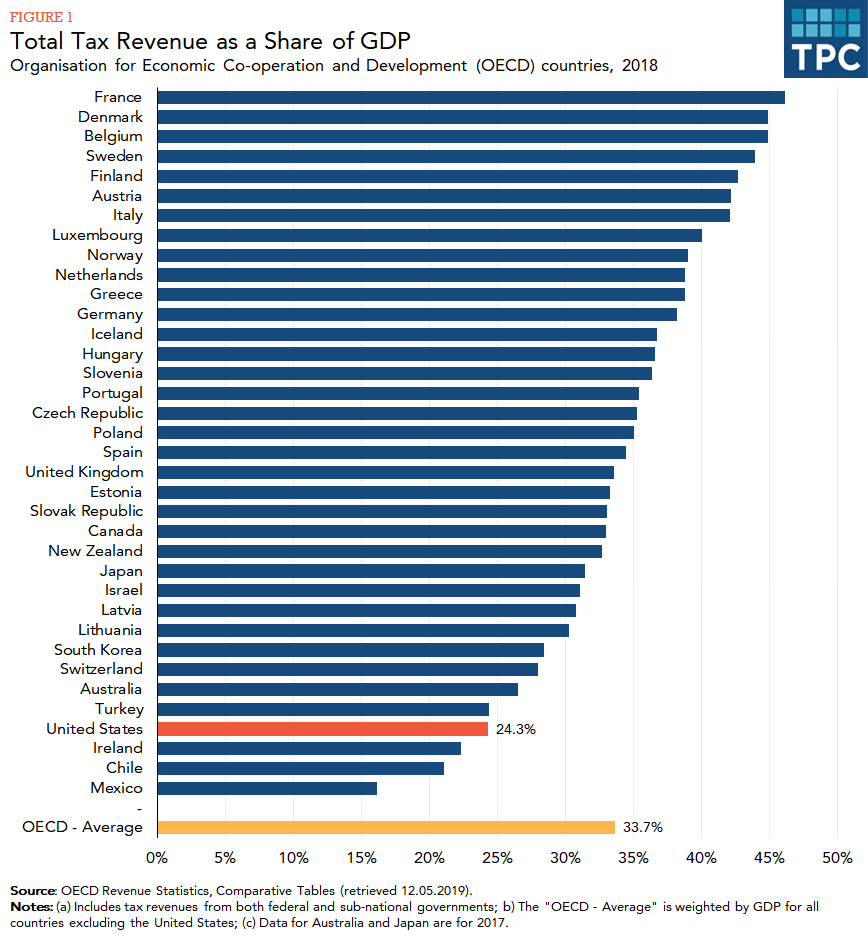In the wake of current events the U.S. police have once again come under immense public scrutiny, putting the focus on various aspects such as police brutality, racial discrimination, qualified immunity, police unions and others.
There is however one aspect that I would consider to be a HUGE elephant in the room, which is the amount of training that police officers in the United States receive:
I am from Germany. Over here we have significantly less crime than the U.S., less gun violence, less organized crime, less gang violence, or, to get to the point: The job of a police officer in Germany is significantly easier than the job of a police officer in the U.S., who has to deal with far more dangerous and complex situations and issues on an average basis.
Yet over here we consider the bare minimum amount of training a police officer requires to be two years (in my home state even three years), which seems to be the norm in developed countries, whereas in the U.S. the average seems to be between 20 and 30 weeks, or roughly 600 hours.
I cannot emphasize enough how insane this fact alone appears from my perspective let alone the fact that this isn't the primary issue of the current debate.
It seems perfectly obvious to me that this state of affairs is a recipe for disaster, considering that it means that U.S. police officers are sent into complex situations while having only between one quarter or one eighth of the training that other developed countries are providing their respective officers.
My primary question therefore is: Why is the amount of police training so much lower in the U.S. than in other developed countries?
Furthermore, if you want to go into detail, I would also be interested in why this doesn't seem to be even closely as big of an issue in public discourse as one would expect it to be.
Edit:
A comprehensive comparison between a great amount of countries is surprisingly hard to find, or rather was impossible to find for me. Therefore I looked at the specific information with regard to various north-western european countries (U.K., Germany, Scandinavia...), because they are the most comparable to the U.S. in terms of national development level. Examples for this would be Germany, Sweden and U.K..
Overall in the north-western European region the predominant model seems to be at least 2 years of training, more likely 3 and usually modeled after a bachelor-master-system.
